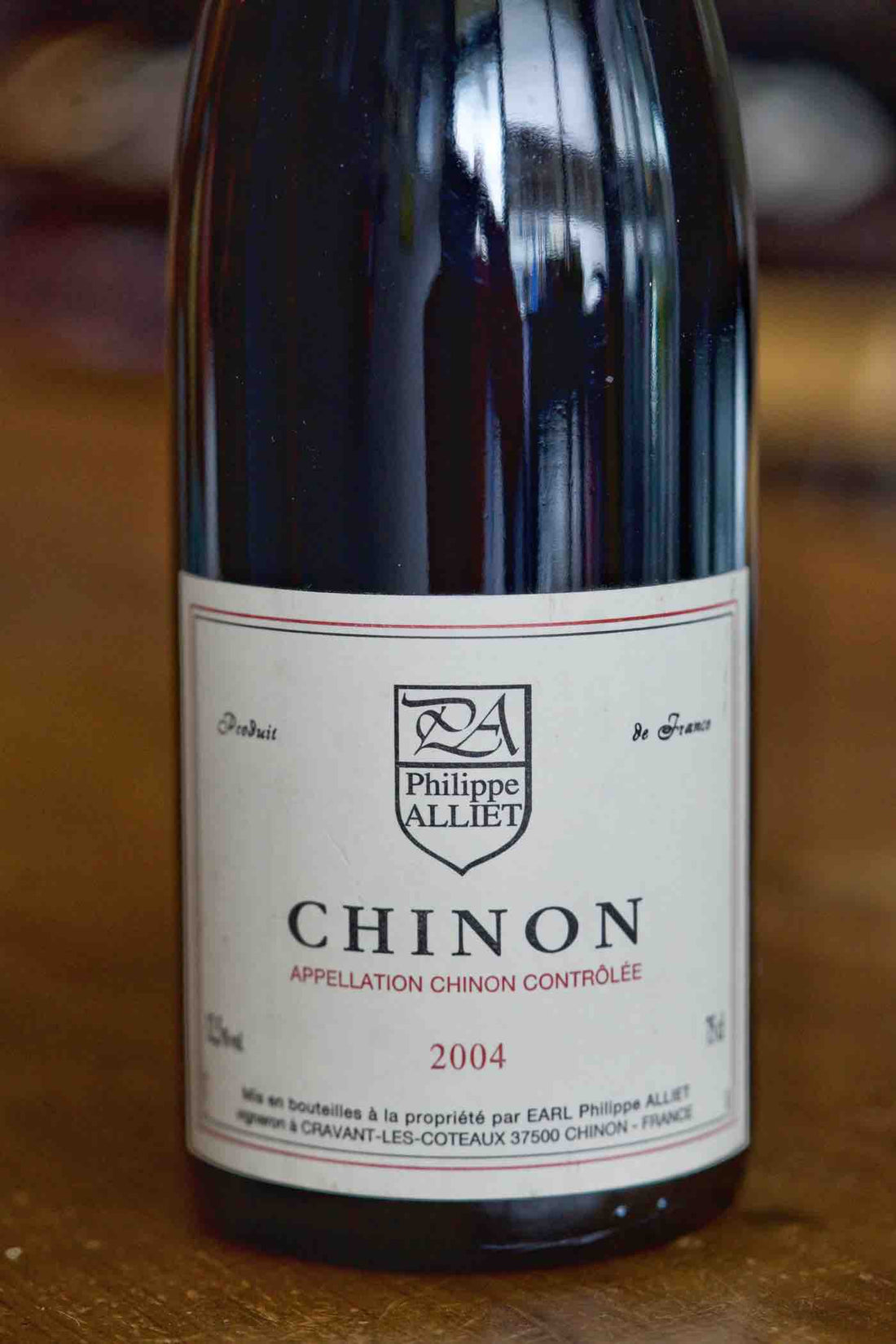Makoto-san, chef and owner of Cafe Iguisu and Organ in Tokyo, which are popular restaurants mainly because of their superb natural wine lists, posted on Instagram the other day about enjoying both classic wines and natural wines. He mentioned that denying one or the other "is a waste of a wonderful wine world. Good wine can be found in both worlds."
Of course, I couldn't agree more with this view! I've always encouraged everyone to have an open mind and to explore different wines. Years ago, that's how I came to know about natural wines. If I wasn't curious and willing to try different wines I wouldn't have discovered natural wines early on.
Yet, I still love all kinds of wines that people these days wouldn't call "natural". For me wine only needs to be authentic. It must be made to show what it is, not fake or pretentious. Commercial wines are made to please people and are manipulated to achieve that goal. But authentic wines are true to what they are. If you like it, great. If not, then that's that.
I think "authentic" is a far better, broader and more accurate term, than "natural". If you think about the term "natural", the way its defined by some people these days, it really means no added sulfites. It ignores any other characteristics of the wine and how it was made--whether the grapes were farmed with care in a privileged site, the wine made in a most low intervention way, and raised and aged in a most thoughtful way by the winemaker. All these artisanal techniques are disregarded, only sulfites matter.
The bottle for this week's Mentoring Session is a 2004 Chinon by Philippe Alliet, who's regarded by many as one of the finest producers in Chinon. His vineyards are in a suitable place for Cabernet Franc, with limestone and clay soils. Philippe farms without chemicals and plows the vineyards regularly to promote soil health and maintain low yields for the vines. He ferments with native yeasts, without temperature control over a long, gentle maceration, then ages the wine in neutral barrels over 18 months and bottles unfiltered. His means of making wines are carefully considered and totally artisanal. He allows the wines to be what they are, guiding them until they're safely bottled.
Philippe adds some sulfites at some point, most likely at bottling, to safeguard the wines from spoilage. This is the controversial point among folks who view natural wine as sulfur-free. Seemingly, none of the vineyard work, meticulous crafting, or privileged site of the vineyard matter to them. Their definition of natural wine really comes down to sulfur. So a wine can be from a poor site, farmed in a lesser way, and made sloppily but still be embraced as long as it doesn't have added sulfites. And indeed many natural wines being made today are exactly like this.
My view has always been to find authentic wines, whether some sulfites were added to them or not. I don't discriminate wines on the basis of sulfites. I like wines that come from winemakers who know how to make them well. Like Philippe Alliet.
Next time, I'd like to talk about funkiness.

